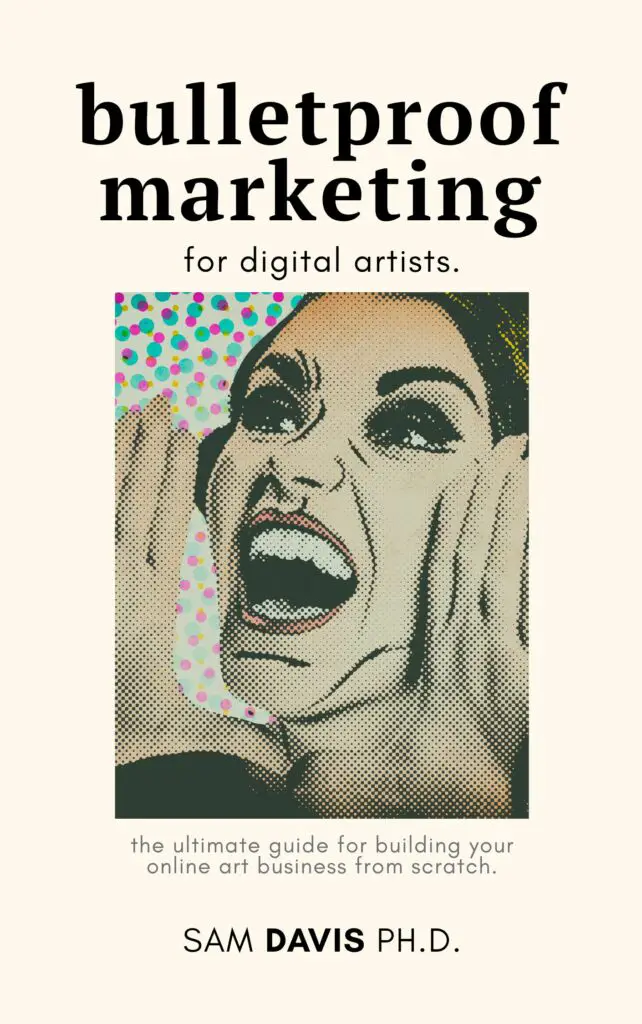Welcome to our guide on how to market to different generations! If you're an e-commerce store owner, you know that your customers come in all shapes, sizes, and ages. It's essential to understand the unique characteristics and preferences of each generation to tailor your marketing messages and increase sales.
Why is it so important to target different generations in marketing, you ask? Well, for starters, each generation has its own set of values, beliefs, and habits. What resonates with Baby Boomers might not work for Gen Z and vice versa. By understanding these differences, you can create targeted marketing campaigns that connect with your audience and drive conversions.

Understanding the Generations
Let's get to know each generation a little better, shall we? It's time to dive deep into their unique characteristics and values, which will drive generational marketing strategies.
First up, we have the Baby Boomers. These folks value tradition, loyalty, and personalization. They grew up during the post-war era, where TV, radio, and print were the top media sources. While they may not be as tech-savvy as younger generations, they still appreciate personalized marketing messages and loyalty programs. They may be less familiar with modern technology, but may still have mobile devices and do online shopping.
Next, we have Gen Xers. They experienced significant cultural changes, including the rise of technology and the internet. They value authenticity, convenience, and quality. They prefer email marketing and social media over traditional media, but they also appreciate a good phone call or in-person interaction. Gen X'ers matured in the age of modern technology.
Now, let's talk about Millennials, also known as Gen Y. They are the first generation to grow up with technology at their fingertips and value authenticity, social responsibility, and experiences. They love social media and prefer mobile optimization and influencer marketing. They're also willing to pay a premium for products that align with their values.
Last but not least, we have Gen Z, the youngest generation. They're known for their creativity, independence, and passion for social justice. They prefer short-form video and user-generated content over traditional ads and are more likely to engage with brands that align with their values. They're also more likely to use social media for customer service inquiries than other generations.
It's important to note that each generation differs in terms of comfort with modern technology, communication, and purchasing habits. For example, Baby Boomers may prefer to shop in-store, while Gen Z is more likely to do online shopping. Generational marketing means understanding these differences, so you can create targeted marketing campaigns that connect with your audience and drive conversions. So, let's move on to the next section and learn how to tailor your strategies for each age group!
Marketing Strategies by Generation
Now that we know a little more about each generation, it's time to talk marketing strategies! Let's take a look at some tactics that work well for each age group.
Generational Marketing For Baby Boomers
Baby Boomers appreciate traditional media like TV, radio, and print. They also value personalization and loyalty programs. So, if you're targeting Baby Boomers, consider creating personalized ads and offering loyalty rewards for repeat customers.
Generational Marketing For Gen X
Gen Xers respond to and love social media, email marketing, and convenience. They want to get information quickly and easily. They respond well to email campaigns and social media ads that showcase the convenience of your products or services. Generation X has close to the most purchasing power by generation because they are among the older generations, but are not yet the oldest generation.
Generational Marketing For Millennials
Millennials value authenticity, social media influencers, and mobile optimization. They're active on social media and prefer brands that are transparent and authentic. They trust recommendations from social media influencers and prioritize mobile-friendly websites and apps. So, social media marketing, influencer marketing, and working to increase brand awareness will all help with Millennials.
Generational Marketing For Gen Z
Finally, Gen Z loves short-form video, user-generated content, and social justice issues. They're passionate about causes and love to see brands taking a stand. They prefer to consume content in bite-sized pieces and love to engage with brands that feature user-generated content. Marketing efforts towards Gen Z should include video marketing, tech savvy generation of content, newer social media platforms, and cultivating loyal customers.
Other Generational Marketing Strategy Advice
By understanding the unique preferences and values of each generation, you can create targeted marketing campaigns that resonate with your audience and drive conversions. So, take the time to research and learn about your target audience and tailor your marketing strategies accordingly.
Case Studies and Examples Of A Generational Marketing Strategy
Coca-Cola: Coca-Cola has been successful in targeting the Baby Boomer generation through nostalgia marketing. They've used classic ads from the 50s and 60s to evoke feelings of nostalgia and connect with Baby Boomers' love for tradition. The Boomers aren't the most diverse generation, but they make a great target market for TV.
Levi's: Levi's has effectively marketed to Gen Xers by tapping into their love for music and art. They've collaborated with musicians and artists on campaigns and used social media to showcase the creativity and individuality of their customers. This is a great example of using digital marketing with a target market.
Glossier: Glossier has built a cult following among Millennials by using authentic marketing tactics. They feature real customers in their ads and encourage user-generated content on social media. They also prioritize mobile optimization, making it easy for Millennials to shop online.
Fenty Beauty: Fenty Beauty, launched by Rihanna, has been incredibly successful in targeting Gen Z. They've embraced diversity and inclusivity in their marketing messages, aligning with Gen Z's passion for social justice issues. They've also leveraged short-form video on platforms like TikTok to reach this generation.
McDonald's: McDonald's has used personalized marketing to reach Baby Boomers. They've created loyalty programs like the McCafe rewards program and have offered personalized discounts and coupons to customers based on their past orders.
These brands have all successfully targeted specific generations by understanding their values and preferences and tailoring their marketing strategies accordingly. By analyzing their methods, e-commerce store owners can gain insights into how to better target their own audiences and drive conversions.
Tips and Best Practices
Now that we've covered the strategies for each generation, let's take a look at some tips and best practices for targeting multiple generations.
Firstly, it's important to test and measure your results. Every audience is different, so don't be afraid to experiment with different marketing tactics to see what works best for your audience. Use analytics tools to track your campaigns' performance and make adjustments as necessary.
When targeting multiple generations, you need to strike a balance between personalization and inclusivity. Consider creating different campaigns for different age groups, but make sure they all align with your brand's overall messaging and values.
Staying up-to-date on emerging trends and changes in each generation's preferences is crucial. The key to successful marketing is to stay ahead of the curve and anticipate your audience's needs before they even know it.
Finally, keep in mind that it's not just about targeting a specific generation, but also about building long-term relationships with your customers. Focus on creating a positive customer experience that resonates with all age groups. Make sure your website is easy to navigate, your customer service is responsive and helpful, and your products or services meet your customers' needs.
By following these tips and best practices, you can effectively target multiple generations while building lasting relationships with your customers.
Conclusion
In conclusion, generational marketing is essential for e-commerce store owners who want to connect with their audiences and drive conversions. By understanding the unique characteristics and values of each generation, you can create targeted campaigns that resonate with your audience and build long-term relationships with your customers.
Some key takeaways from this guide include tailoring your marketing strategies to each generation's preferences, testing and measuring your results, staying up-to-date on emerging trends, and prioritizing personalized customer experiences.
Remember, it's not just about targeting a specific age group, but also about building lasting relationships with your customers. By creating positive customer experiences that align with your brand's messaging and values, you can increase customer loyalty and drive repeat business.
So, take the time to research and learn about your target audience, experiment with different marketing tactics, and prioritize inclusivity and personalization in your campaigns. With these tips and best practices in mind, you can effectively market to different generations and drive success for your e-commerce store.
Want more intel on GENERATIONAL markets?
The best way to get ahead is to learn, learn, learn. That's why I'm so happy to announce that my groundbreaking book, Bulletproof Marketing: For Digital Artists, is due to publish in early 2024. You can pre-order your copy today and be the first to see all of the helpful tips, tricks, advice, and plans inside.
